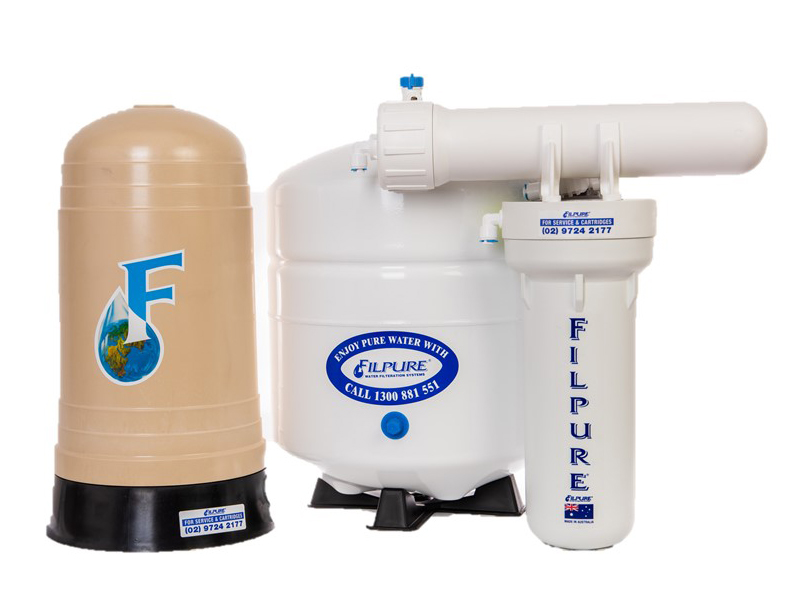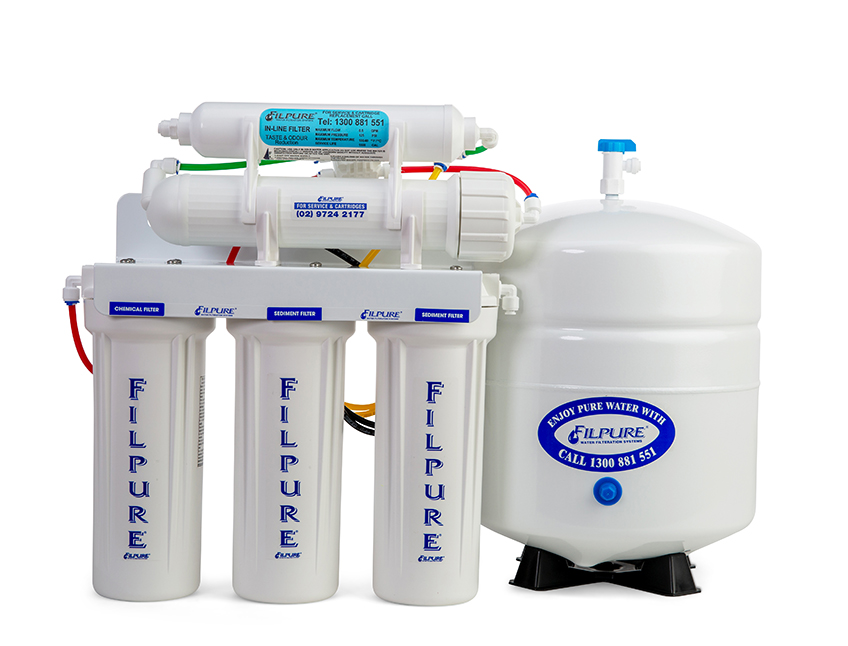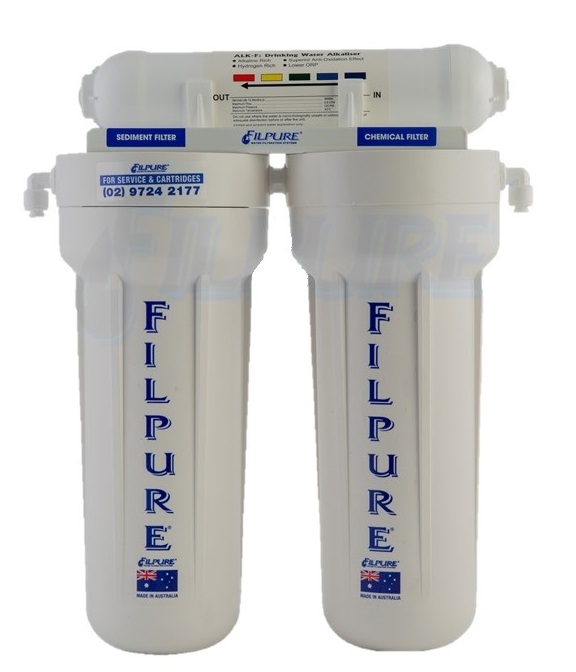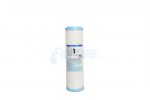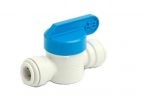
What are the Main Principles of Water Chemistry?
Water chemistry is the study of the chemical composition and reactions that occur in water, with a particular focus on the properties that affect its quality and safety. Understanding these principles is essential for ensuring the quality of drinking water and choosing the right home water filtration system. Here are some of the key principles of water chemistry:
pH Levels: pH measures how acidic or alkaline water is on a scale of 0 to 14. Water with a pH of 7 is considered neutral, while levels below 7 indicate acidity and levels above 7 indicate alkalinity. Drinking water should ideally have a pH between 6.5 and 8.5. A pH outside of this range can cause corrosion in pipes and affect the taste and safety of the water.
Hardness: Water hardness refers to the concentration of calcium and magnesium ions in the water. Hard water can lead to scale buildup in pipes and appliances, while soft water may lack the essential minerals our bodies need. Managing water hardness is important for both health and household maintenance.
TDS (Total Dissolved Solids): TDS measures the total amount of dissolved substances such as minerals, salts and organic matter in the water. While some dissolved solids, like calcium and magnesium, are beneficial, high levels of TDS may indicate harmful contaminants like heavy metals or pesticides.
Chlorine and Chloramines: Chlorine and chloramines are common disinfectants used to kill bacteria and viruses in tap water. While they are effective at maintaining public health, they can leave an unpleasant taste or smell and may react with organic matter to form potentially harmful by-products. Monitoring chlorine levels in water is essential to avoid overexposure.
Contaminants: Common water contaminants include bacteria, heavy metals (like lead and mercury), nitrates and pesticides. These can pose serious health risks if not effectively filtered out.
Ensuring safe drinking water and choosing the right filter
Understanding water chemistry helps consumers ensure their drinking water is safe. By regularly testing the pH, TDS and contaminant levels, homeowners can identify potential issues and take steps to mitigate them. For example, if your water has high TDS levels or contains heavy metals, a reverse osmosis filter may be a good choice. If chlorine is your main concern, an activated carbon filter can help remove the chemical and improve taste.
Informed decisions about home water filtration systems are vital for ensuring safe, high-quality drinking water. Knowledge of water chemistry enables homeowners to match the filtration system to their water’s specific needs, improving both safety and quality for their household.

